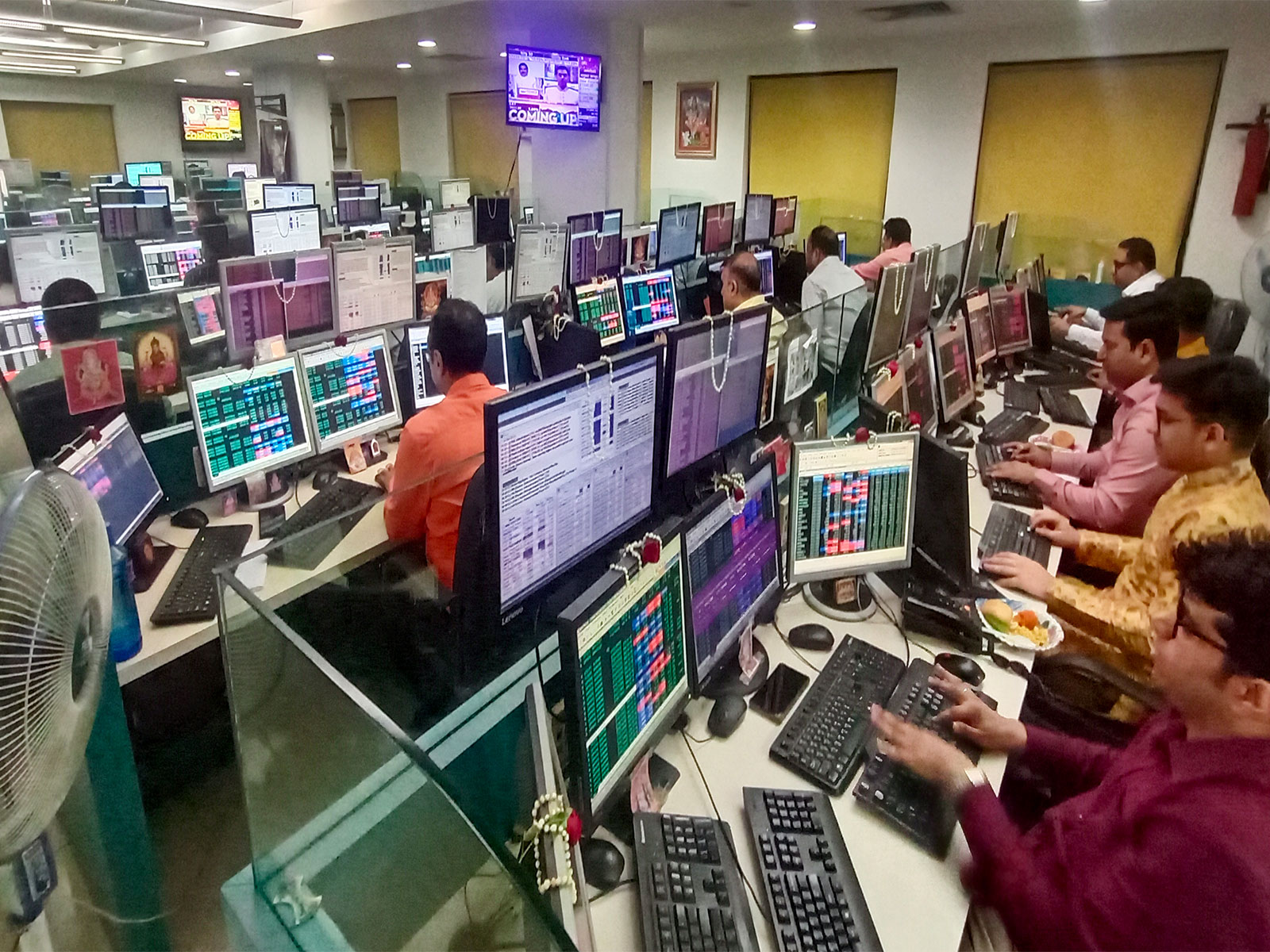Bringing efficiency in cross-border payments among motivations behind wholesale digital Rupee: Govt
Dec 12, 2022

New Delhi, [India], December 12 : Bringing efficiency in cross-border payments is another important motivation for introducing Central Bank Digital Currency in the wholesale segment, Union minister of state for finance Pankaj Chaudhary informed Lok Sabha on Monday.
The minister's written response was in reply to a question about how the digital currency will be beneficial and facilitate the common public in their daily transactions.
For the record, the Reserve Bank of India (RBI) has launched pilots in the Digital rupee in both wholesale and retail segments. The first pilot in the Digital Rupee -Wholesale segment (eRs- W) was launched on November 1, 2022. Further, the first retail digital Rupee (eRs-R) pilot was launched on December 01, 2022.
The pilot is covering select locations in a closed user group (CUG) comprising participating customers and merchants.
The digital Rupee is in the form of a digital token that represents legal tender. It is being issued in the same denominations that paper currency and coins are currently issued. It is being distributed through financial intermediaries -- banks. Transactions can be both Person to Person (P2P) and Person to Merchant (P2M). Like cash, it will not earn any interest and can be converted to other forms of money, like deposits with banks.
Further, on being asked how the Central Bank Digital Currency is going to reduce the operational costs, including printing, storage, transportation, and replacement of banknotes, the minister replied that through the introduction of CBDC, the Digital Rupee can be created by RBI, distributed to the banks and eventually transferred to customers in much less time and with reduced operational costs as compared to physical currency.
















